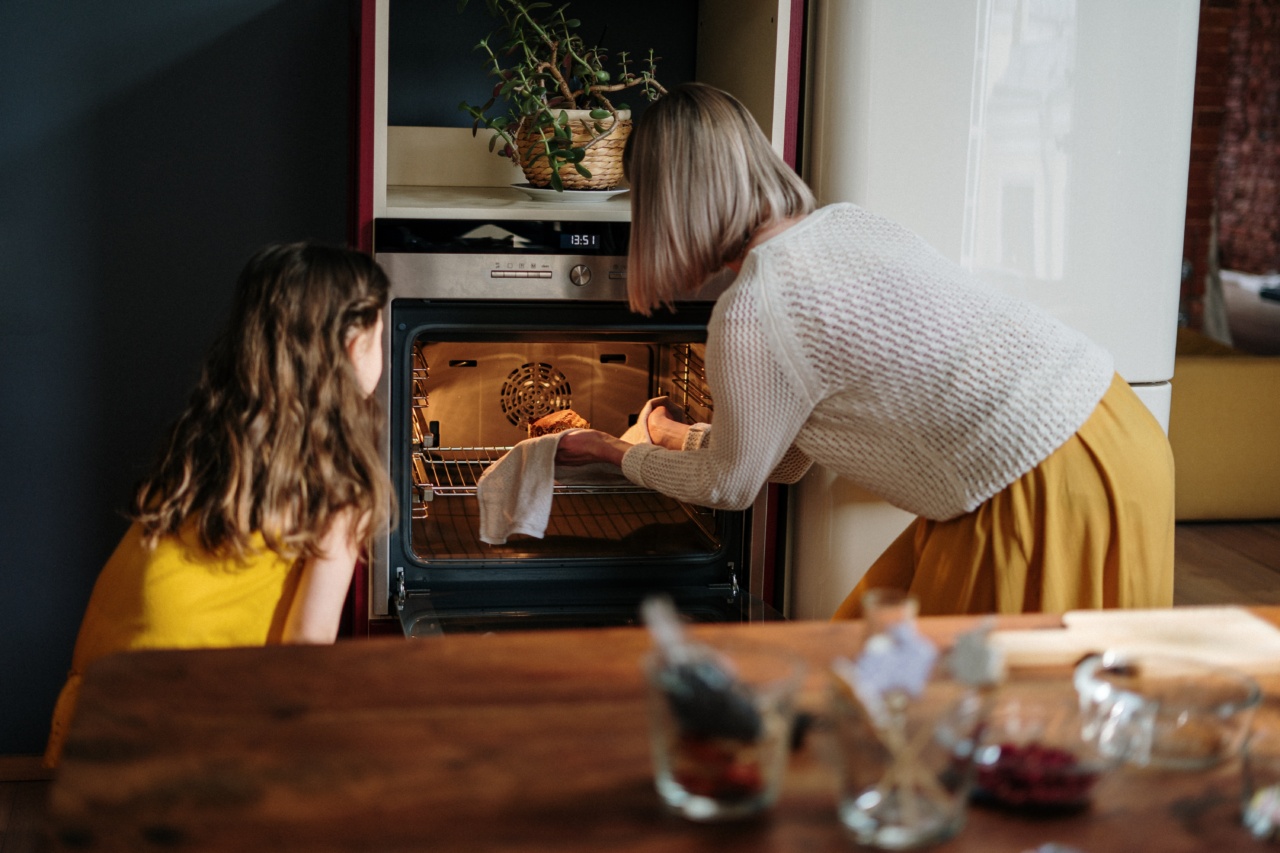As Easter approaches, many families gather to celebrate and indulge in a delicious holiday feast.
While it’s important to focus on creating a memorable meal, it’s equally crucial to consider food safety to ensure the health and well-being of your loved ones. Here are the 10 essential rules of food safety that should be followed to guarantee a safe and enjoyable Easter celebration.
1. Keep Clean Hands
Cleanliness starts with you. Wash your hands thoroughly with warm water and soap for at least 20 seconds before and after handling food. This simple step helps prevent the spread of harmful bacteria that can cause foodborne illnesses.
2. Separate Raw and Cooked Foods
Preventing cross-contamination is crucial. Keep raw meats, poultry, and seafood separate from ready-to-eat foods like fruits, vegetables, and desserts to avoid the transfer of bacteria.
Use different cutting boards and utensils for raw and cooked foods, and always wash them well in between use.
3. Cook Food Thoroughly
Cooking food to the right temperature kills bacteria and other pathogens. Use a food thermometer to ensure that meats, such as lamb or ham, are cooked to the proper internal temperature.
According to the USDA, the safe internal temperatures for different meats are:.
- Ham: 145°F (63°C)
- Lamb: 145°F (63°C) for medium-rare, 160°F (71°C) for medium, and 170°F (77°C) for well-done
4. Store Food Properly
Perishable foods must be stored correctly to prevent the growth of harmful bacteria. Refrigerate perishable items, such as leftover Easter dishes and eggs, within two hours of cooking or serving.
Keep the refrigerator temperature at or below 40°F (4°C) and the freezer temperature at 0°F (-18°C) or below.
5. Be Mindful of Egg Safety
Eggs are an Easter staple, but they can also pose a risk if mishandled. To ensure egg safety:.
- Only purchase eggs from refrigerated cases.
- Check for cleanliness and cracks before purchasing.
- Store eggs in the refrigerator and avoid washing them.
- Always cook eggs thoroughly to kill any potential bacteria.
- Use pasteurized eggs for recipes that call for raw or undercooked eggs, such as homemade mayonnaise.
6. Implement the “First In, First Out” Rule
To maintain freshness and prevent spoilage, follow the “First In, First Out” rule. Arrange your refrigerator and pantry in a way that ensures older food items are used before newer ones.
Proper rotation helps prevent the accumulation of forgotten or expired food products.
7. Avoid the “Danger Zone”
The “Danger Zone” refers to the temperature range between 40°F (4°C) and 140°F (60°C) in which bacteria multiply rapidly. Minimize the amount of time that perishable foods spend in this zone.
Remember to promptly refrigerate or reheat leftovers to prevent bacterial growth.
8. Be Cautious with Salad and Fresh Fruits
Salads and fresh fruits are popular additions to Easter meals. Ensure safety by rinsing fresh produce thoroughly under running water, including pre-packaged salad greens. Dry them with a clean towel or use a salad spinner.
Avoid using damaged or bruised fruits and vegetables.
9. Don’t Forget about Allergens
When hosting an Easter gathering, it’s essential to consider potential food allergens. Clearly label dishes that contain common allergens like peanuts, soy, milk, and wheat.
If possible, offer alternative dishes or provide a separate area for allergen-free foods to avoid cross-contact.
10. Use Safe Water
Whether you’re preparing beverages, boiling eggs, or rinsing fruits and vegetables, it’s vital to use safe, clean water.
If you have any doubts about the quality of your tap water, consider using filtered or bottled water for cooking and drinking.
Following these 10 rules of food safety will help ensure your Easter entertaining is not only enjoyable but also safe for all your loved ones.
By taking the necessary precautions, you can focus on creating wonderful memories, sharing delicious food, and celebrating the joyous holiday together.






























